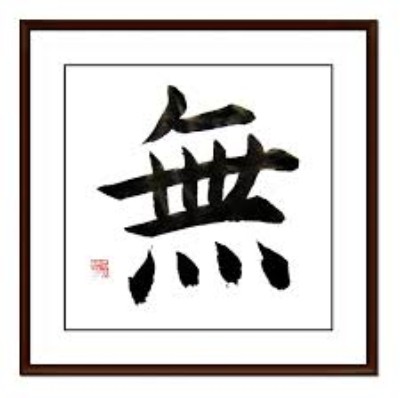May 20, 2019

On a recent Sunday morning, I was up early and listened to On Being with Krista Tippett. This morning’s broadcast guest was Pádraig Ó Tuama, who is a poet, theologian, and extraordinary healer in our fractured world. He leads the Corrymeela community of Northern Ireland, a place that has offered refuge since the violent division that defined Ireland until the 1998 Good Friday Agreement.
Their discussion meandered delightfully along and then came to the Japanese word “Mu.”
Mu embodies a Buddhist concept that suggests that, if you’re asking a poor question, you will get a poor answer. Robert Pirsig, author of the Zen and the Art of Motorcycle Maintenance says according to his telling of the Zen tradition, if the question is “are you this or that?” You can answer with this word mu, M-U, which means, “Un-ask the question because there’s a better question to be asked.” The question that is being asked is limiting, and you’ll not get a good answer. The question fails us, never mind subsequent answers.
Pádraig Ó Tuama said, “I think questions about Jesus sometimes that are posed in our public rhetoric about Christianity, What do we do here? What do we do there? Is this right? Is that right? Am I allowed to be gay and Christian?for instance… I think that in a certain sense, we’re being told by God, perhaps in silence in our prayers, “Mu,” because there are better questions to ask. And asking a wiser question might unfold us into asking even wiser questions…”
Krista Tippett replied, “Wiser questions will elicit wiser responses.”
Upon hearing this exchange, I immediately thought of the practice of asking an appreciative, powerful, open question within the principles and practices of Dialogue Education. I looked up “Mu”, a Japanese word or “Wu”, a Chinese word; and found that it is translated in several ways. It literally may mean: gateless barrier, without, no thing, and neither yes nor no. It captures the idea that the question being asked is too small for the truth of the answer. Yes!
Dialogue Education invites us not ask questions that can be answered with “Mu.” Dialogue Education invites us to ask questions which will arrive at wise answers from and with each other. We are invited into the practice of asking better questions. We are reminded again that our beautiful and complicated world cannot be adequately explored through a binary lens.
How have you seen appreciative powerful open questions elicit wise responses?
* * * * *
Andrea Van Liew is certified Dialogue Education Practitioner and Teacher and a Consultant with Global Learning Partners.



